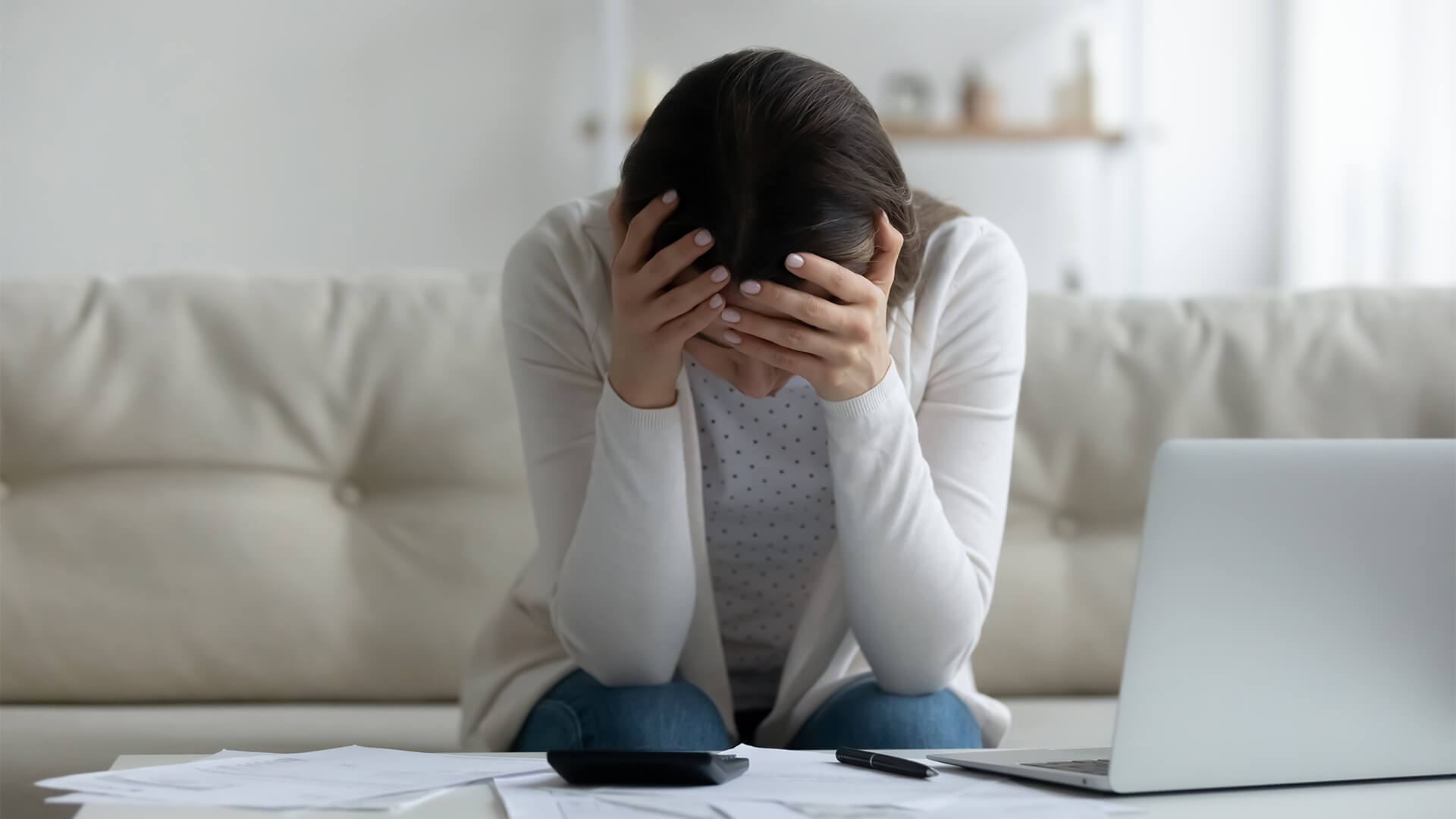
By Dr Geoff Bird PhD and Anna Freeman, Founder & CEO of ZavFit.
Dr Geoff Bird is a world-renowned neuroscientist, widely published on the subjects of anxiety and depression. Alongside working with ZavFit, Dr Bird resides at the Department of Experimental Psychology at the University of Oxford, with a Tutorial Fellowship at Brasenose College.
Anna Freeman is Founder & CEO of ZavFit, the HealthTech brand positioned as the first health app for money after recognising that worrying about money is the #1 cause of stress globally.
The age-old question, will a pay rise give me more happiness? Can a higher income solve my problems? How much money do I need to be happy? The problem is these questions are too simplistic. Happiness is less about how much money you have and more about how you use it.
Taking insight from a study published by researchers from University of British Columbia and Harvard Business School asked whether giving money away would make people happier than spending money on oneself. In one experiment, 46 participants were given between $5 to $20. Half were told to spend it on themselves and half were told to spend it on other people. Happiness was measured at the start and end of the day. People who spent their money on other people rather than themselves had greater happiness at the end of the day. It didn’t matter how much money people received, it mattered how they used it.
It’s all well and good knowing that some ways of spending money are better than others, but it doesn’t change the fact that you still need enough money in the first place to allow yourself to choose how and where you spend it. Since late 2021, the cost-of-living crisis in the UK has been amping up pressure on people’s finances and leaving less money in their pockets.
As disposable income declines, people have less control over how they spend their money. A growing proportion of a person’s paycheck simply goes where it must go: bills, housing payments, and basic groceries. In times of economic hardship, stress levels rise as we are bombarded with news about inflation, interest rates and recession, and this financial distress reduces wellbeing and life satisfaction as more and more people struggle to make ends meet.
If you’re already making as much money as you feasibly can but the disposable portion is growing scarcer because of rising costs, you’re left with only one option: make more impact with less money.
That might mean re-evaluating how much you save and spend each week, but it also means adjusting where you spend your money. Saving is great for your tomorrow self, but your today self is just as important. Questions such as ‘Is it better to spend this £10 on fuel for my car or lunch with a friend?’ can be tricky. But it all comes down to how much health and happiness each option is likely to contribute to your life.
Have you ever noticed that when thinking about money, you often focus on the negative side? ‘Do I have enough?’, ‘I can’t buy anything for myself’. However, focusing just as much energy on the positive side is equally as important to truly understand if you’re spending your money in the best possible way: ‘How happy did that purchase make me?’, ‘How much value am I getting out of each penny I spend?’.
One way to feel more in control of your outgoings is to take small, conscious steps to improve your spending habits versus making big radical changes that are unsustainable. This will allow you to adjust your habits towards a healthier, happier lifestyle and help you gain more happiness out of every penny you spend.
For example, what you do at ZavFit is to look at each transaction in your bank account over the last couple of weeks and ask, ‘How happy did this really make me feel?’ Sometimes the answers are obvious. When you’ve spent money on something you clearly regret or didn’t really need, you can register that as something you won’t spend money on again. But much of the time, answers are more ambiguous. How much value did you get out of the £5 coffee on the way to work or buying bottled water?
This is where the small steps come in. For example, instead of scrapping your coffee purchases because you spend too much money on them, you can find a cheaper shop. Or you might want to try three coffees a week instead of five, so that you spend less money and appreciate them more.
You’re able to become more aware of your money and how it makes you feel by asking yourself how happy your various spending habits make you feel. As such, you can then actively adjust your daily routines to achieve more happiness with less money. So that’s more happiness out of every penny you spend and fewer regrets about spending.
As we continue to figure out how increases in daily living costs will impact wellbeing, it’s essential to pay closer attention to where your money is going. There’s less room for regretful or impulsive spends, so consider sleeping on spending decisions before giving up your credit card details. Question how much happiness a potential spend is likely to give you and actively shift your mindset towards wellbeing optimisation rather than routine spending. Focus more of your mental energy on what makes you happy and why, and focus less on the distractions of online reviews and social media.
Exactly like you do with ZavFit, it’s all about taking small, incremental steps that help you feel more in control of your money today and boost your overall wellbeing in the long run.



















